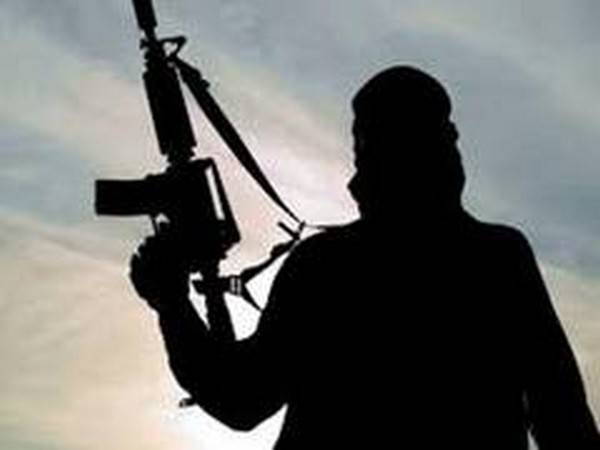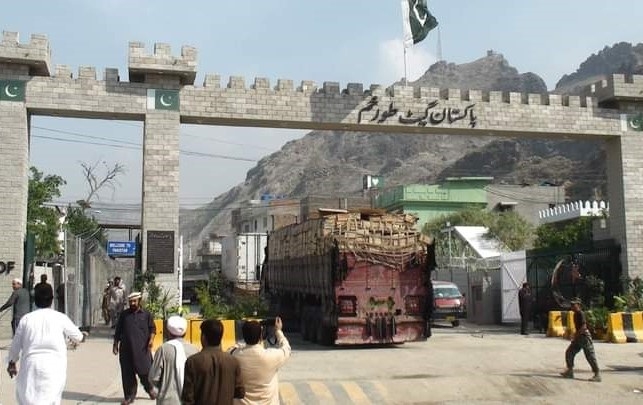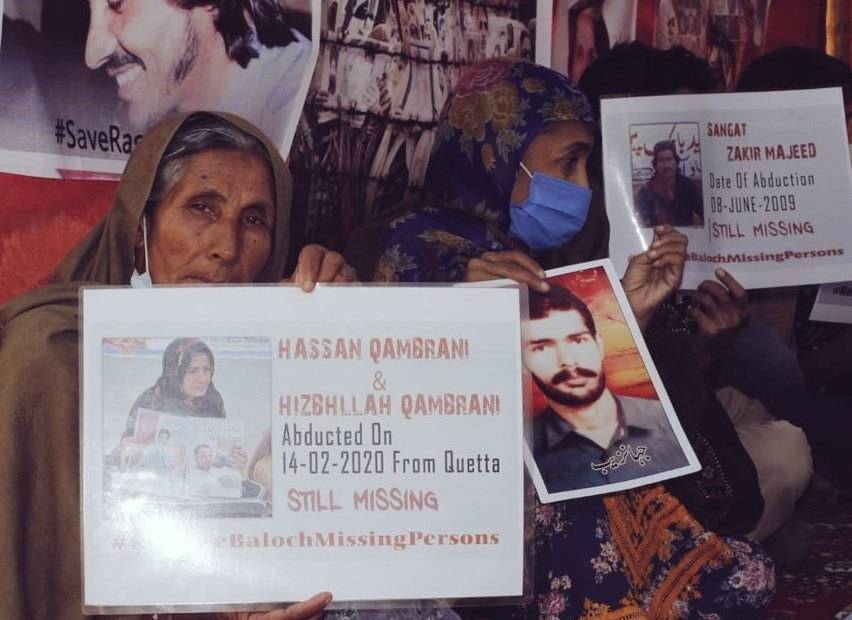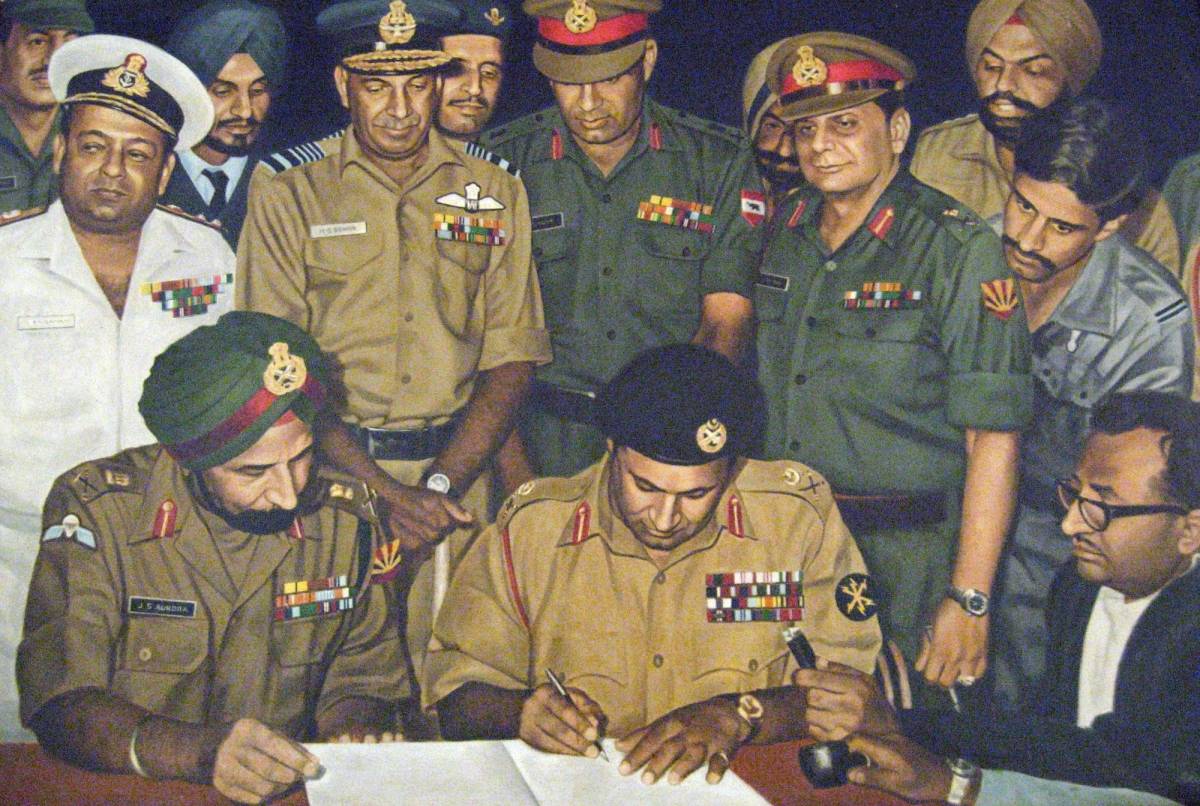Kamran argues that decision has far-reaching repercussions, as thousands of TLP members have been subsequently removed from the terrorist list. Another 2,100 have been released from police custody….reports Asian Lite News
Pakistan’s attempts to negotiate with extremist groups will have serious security repercussions as such actions tend to be viewed as a sign of weakness, according to a think tank.
This comes as Imran Khan government has recently removed Tehreek-i-Labbaik Pakistan (TLP) from the list of organizations linked to terrorism after sgining a deal with the outfit that resulted in ourtage from the opooition parties. The government also declared a complete ceasefire with another banned group, Tehreek-i-Taliban Pakistan (TTP).
However, last week the TTP announced it would not extend the month-long ceasefire. It also accused Islamabad of failing to fulfill its obligations under the agreement.
“Firstly, the removal of the name of the TLP… as a proscribed organisation has set a dangerous precedent in the country, as it came days after its violent protest march to Islamabad. This bizarre move will only strengthen extremists and anti-state elements in the country,” Sehar Kamran, head of the Center for Pakistan and Gulf Studies think tank, told Russian news agency Sputnik.
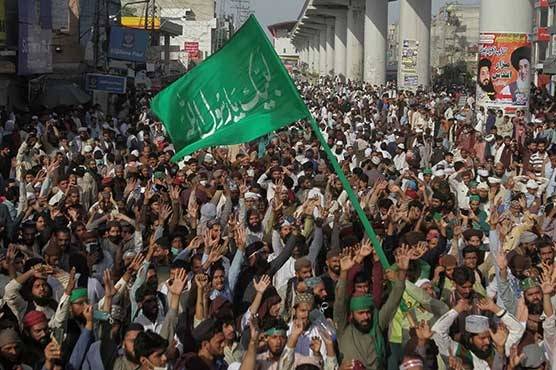
Kamran argues that decision has far-reaching repercussions, as thousands of TLP members have been subsequently removed from the terrorist list. Another 2,100 have been released from police custody.
The Imran Khan government’s move showed that any group can achieve its political gains under the guise of religion by holding the state hostage and forcing it to surrender to demands by launching violent protests and choking major highways, the expert noted.
In the light of recent developments in Pakistan, Kamran added that other banned groups have already followed suit by demanding the government remove them from the list and stop discriminating against them, threatening to launch mass protests.
According to the expert, it is highly unlikely that the decriminalisation of such extremist groups will facilitate their integration into the political life of the country and their consequent de-radicalization.
“It is a fact that ideologically motivated proscribed organisations are unlikely to abandon their principal philosophies, and subsequently the reintegration of banned outfits by allowing them political space without submission to the Constitution is simply not possible,” Kamran warned. (ANI)


